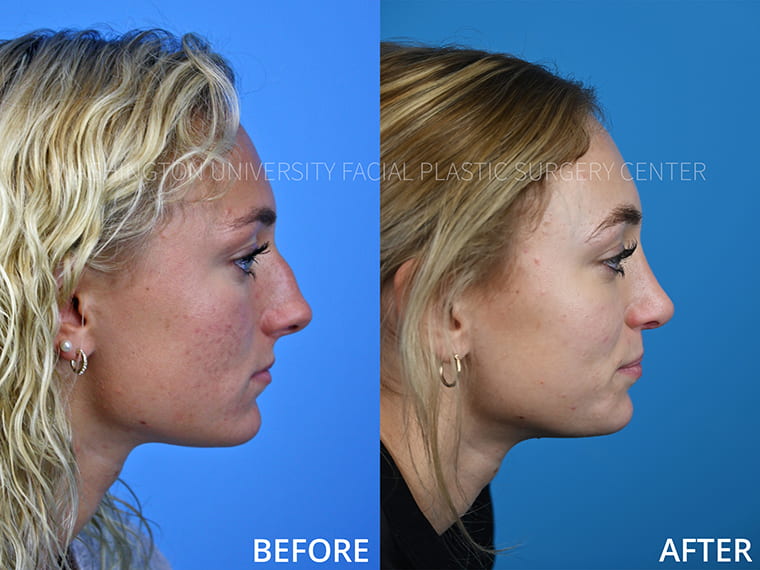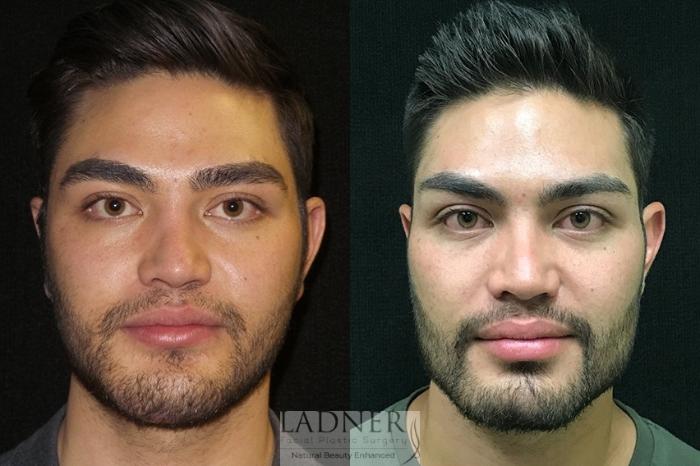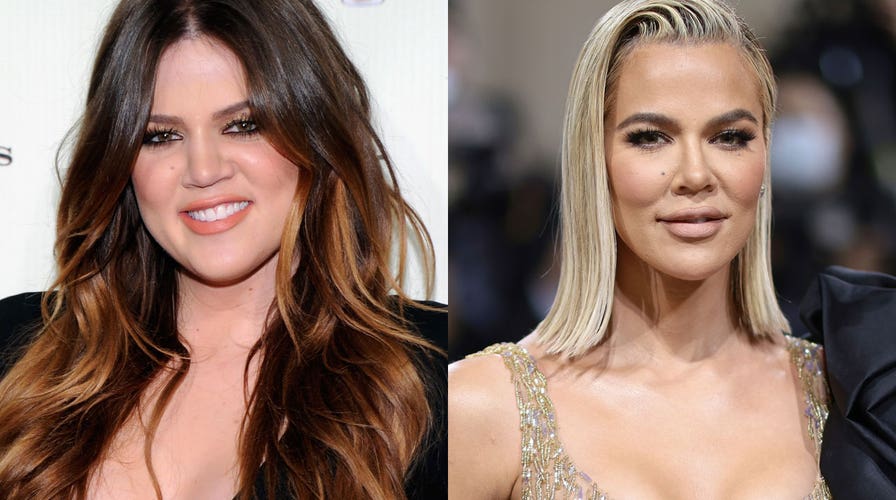Mommy Makeover Bellevue: Full Post-Pregnancy Rejuvenation
Mommy Makeover Bellevue: Full Post-Pregnancy Rejuvenation
Blog Article
A Deep Dive Into the Typical Justifications for Seeking Plastic Surgery: Unpacking the Wish for Adjustment and Self-Improvement

Social Pressures and Appeal Criteria
Regularly, societal pressures and dominating elegance requirements play a considerable duty in individuals' decisions to seek plastic surgery (liposuction bellevue). In contemporary culture, aesthetic representation greatly influences personal understandings of appearance, commonly bolstered by media, star endorsements, and social platforms. These channels regularly advertise idealized versions of beauty, leading individuals to internalize these requirements and examine their self-regard versus them

Furthermore, these pressures are not restricted to details demographics; they influence people across various ages, sexes, and histories, highlighting the prevalent nature of beauty requirements. This extensive impact raises important questions about the values of plastic surgery and the implications of social standards on specific choices. Eventually, comprehending these stress is essential for fostering a much more inclusive meaning of elegance that celebrates variety.
Individual Experiences and Transformative Stories
Many people who go through plastic surgery record transformative experiences that expand past simple physical changes. For lots of, these treatments work as a catalyst for boosted self-esteem and a renewed sense of identification. Clients frequently explain sensation liberated from enduring insecurities, causing enhanced confidence in both expert and personal realms.
Take, for instance, the story of a girl who went through boob job after years of sensation self-conscious regarding her look. Post-surgery, she reported not only a newfound convenience in her body but likewise a substantial enhancement in her social life and job opportunities. In a similar way, a middle-aged male who selected to undertake a renovation shared exactly how the treatment renewed his outlook on life, triggering him to seek brand-new interests and partnerships.

Psychological Variables Behind Aesthetic Surgical Treatment
Countless psychological elements add to the choice to undergo plastic surgery, mirroring deeper mental and emotional wellness factors to consider. People typically seek medical enhancements as a way to deal with sensations of insufficiency, low self-worth, or frustration with their appearance. These mental motivations can be rooted in previous experiences, social contrasts, or individual aspirations.
Body picture distortion is a widespread problem, where people regard their physical attributes in an exaggeratedly unfavorable light. This my sources distortion can bring about obsessive ideas about perceived problems, triggering the need for surgical change as an option. Additionally, the quest of perfection and societal stress can enhance these sensations, pressing individuals towards aesthetic treatments in hopes of attaining an idealized variation of themselves.
Moreover, the concept of self-improvement plays a critical function. Several individuals watch cosmetic surgical procedure as a pathway to enhance their top quality of life, believing that boosted appearance will cause increased social approval, better relationships, or boosted occupation chances. Eventually, the psychological factors behind cosmetic surgery underscore the complicated interplay in between specific self-perception and outside impacts, exposing the multifaceted nature of the desire for adjustment.
The Function of Media in Perception
In today's society, media plays a crucial function fit assumptions of appeal and self-worth. Via different systems-- social networks, television, and advertising and marketing-- idealized criteria of appeal are typically disseminated, affecting private goals and self-image. These representations often emphasize slim meanings of attractiveness, primarily featuring vibrant, slim, and electronically enhanced images, which can develop unrealistic benchmarks for people striving to adapt.
The impact of media is more worsened by the prevalent nature of social networks, where users are pestered with curated material that highlights aesthetic improvements, supporting a society of comparison. This constant direct exposure can result in feelings of insufficiency among viewers, prompting them to think about plastic surgery as a way of achieving the viewed ideal. Study suggests that people who engage with these media depictions are most likely to express discontentment with their appearance, reinforcing the need for medical treatments.
Additionally, the normalization of plastic surgery in media narratives can desensitize audiences, framing such procedures as commonplace and even essential for social acceptance. Thus, the media's representation of charm not only affects individual choices concerning plastic surgery but likewise contributes to a more comprehensive social discussion about self-worth and identity.
Future trends and moral factors to consider
Amid the expanding you could try these out appeal of plastic surgery, ethical factors to consider surrounding the technique have actually become significantly noticeable. As the need for treatments climbs, so too do issues pertaining to educated consent, the mental motivations of individuals, and the possibility for exploitation by doctors. It is essential for professionals to make certain that people fully understand the benefits and threats, in addition to the ramifications of their options, to cultivate a liable strategy to cosmetic enhancements.
Additionally, the impact of social media sites and appeal criteria questions regarding the influence on psychological health and wellness, particularly among at risk populaces. As understanding of body image issues expands, ethical method demands a cautious examination of the motivations behind medical treatments. Cosmetic surgeons should balance individual desires with honest responsibility, making sure that decisions are rooted in authentic self-improvement as opposed to societal stress.
Wanting to the future, fads may move in the direction of non-invasive and technologically progressed procedures, stressing client security and fulfillment. In addition, the unification of emotional evaluations can help resolve underlying issues before medical treatment. The plastic surgery area have to adjust to these ethical difficulties while advertising a society of openness and self-acceptance, inevitably focusing on the health of patients.
Verdict
In conclusion, the quest of cosmetic surgical treatment is affected by a confluence of societal stress, personal experiences, and psychological elements. The need for positioning with dominating beauty standards, paired with the potential for transformative results, emphasizes the intricate inspirations driving individuals toward these treatments. Additionally, the function of media fit understandings of beauty can not be understated. As honest factors to consider advance, future fads in plastic surgery will likely show recurring social discussions bordering self-improvement and individual identification.
Regularly, societal stress and prevailing beauty criteria play a considerable duty in individuals' choices to go after cosmetic surgical procedure. liposuction bellevue. Inevitably, these transformative stories highlight the complex reasons people seek cosmetic surgery, intertwining individual development with the quest of visual improvement
Lots of individuals watch cosmetic surgical treatment as a pathway to enhance their quality of life, believing that boosted look will certainly lead to boosted social acceptance, much better relationships, or boosted occupation possibilities. Eventually, the psychological variables behind cosmetic surgical procedure highlight the complex interaction between specific self-perception and my explanation external impacts, revealing the diverse nature of the need for change.
As honest considerations progress, future trends in cosmetic surgery will likely show ongoing societal discussions surrounding self-improvement and private identification. liposuction bellevue.
Report this page